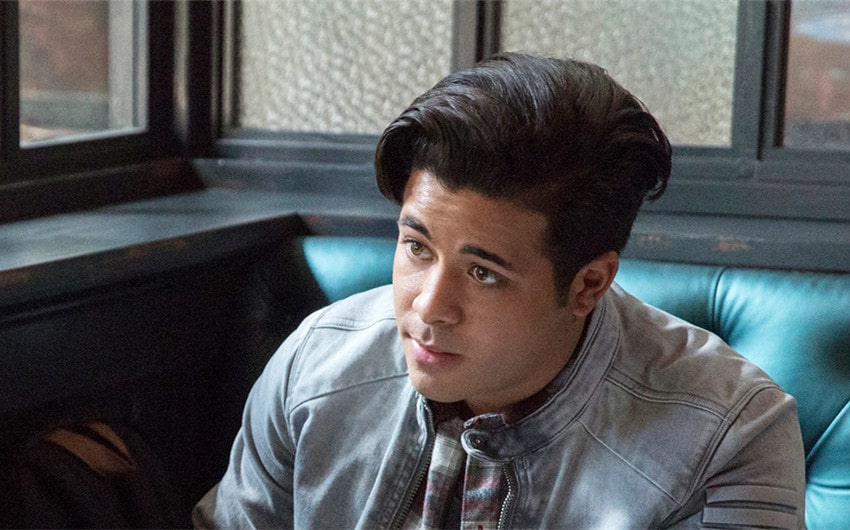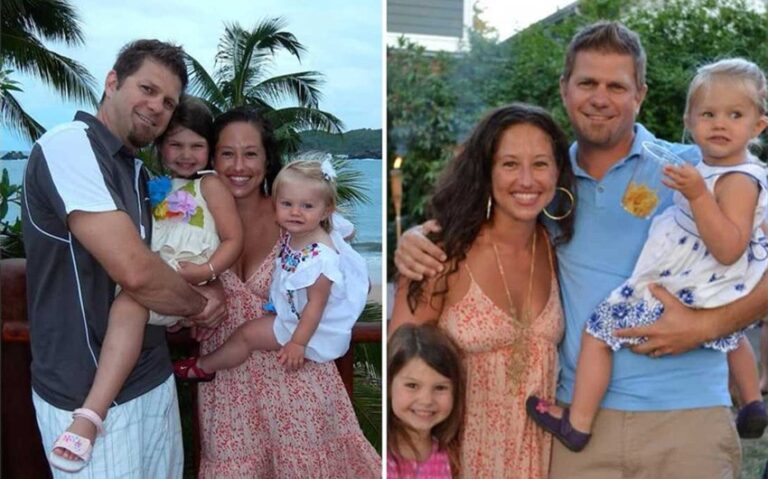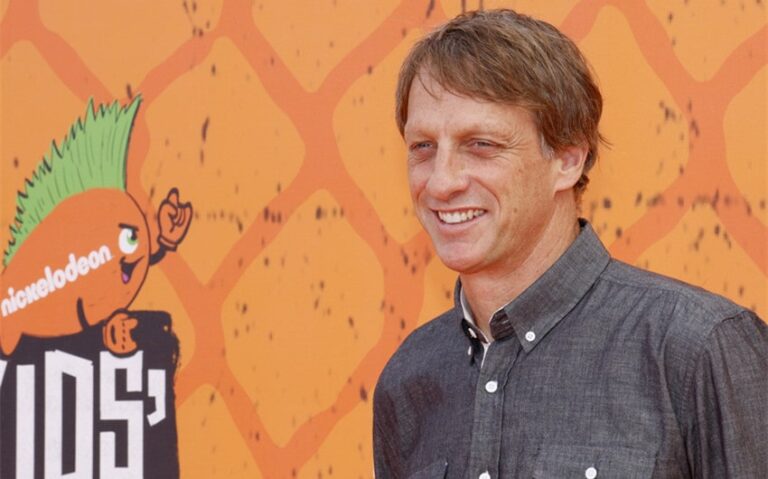Tony Padilla: The Heart and Soul of 13 Reasons Why
From the very first episode of 13 Reasons Why, Tony Padilla emerges as a character who seems to know more than he says. Quiet, calculated, and always lurking in the periphery—often in his vintage Mustang—Tony becomes an anchor in a show that thrives on emotional chaos. His presence is both mysterious and reassuring. And as the story unfolds, so does Tony’s complexity. If you’ve been wondering why Tony Padilla resonates so deeply with viewers, it’s because he’s more than just a sidekick to Clay Jensen or the keeper of Hannah Baker’s tapes. He’s the emotional compass of the series—someone caught between protecting others and fighting to stay whole himself.
Understanding Tony Padilla means understanding the layers beneath his leather jacket. He’s a young man with secrets, history, and struggles of his own. He’s a son, a friend, a protector, and a survivor. His storyline quietly challenges mainstream narratives about masculinity, sexuality, and family—and in doing so, he becomes one of the most meaningful characters in the show.
Tony’s Introduction and Role in the Story
When you first meet Tony Padilla, played by Christian Navarro, he feels like a narrator with secrets. He’s the one Clay Jensen turns to when he first receives Hannah’s tapes. But Tony’s role isn’t just as a messenger—he’s a guardian of truth. Entrusted by Hannah to ensure her story is heard fully and correctly, Tony carries the burden of someone else’s trauma while managing his own.
What makes Tony stand out is his loyalty. He’s not just loyal to Hannah’s memory; he’s loyal to Clay, to justice, and to doing what’s right—even when it means bending the rules. While other characters in 13 Reasons Why often collapse under the weight of their guilt or fear, Tony stands steady. He acts as a moral anchor for the audience. But as the series progresses, it becomes clear that his calm surface hides inner turmoil.
Navigating Identity: Being Gay, Latinx, and Catholic
One of the most compelling aspects of Tony Padilla’s character is his intersectional identity. He is a gay teenager in a conservative environment, navigating the expectations of his Latinx family and the weight of Catholic traditions. These overlapping identities create a tension that Tony quietly carries throughout the series.
In an early season, Tony opens up to Clay about coming out to his father at the age of 14. His voice doesn’t tremble when he speaks of it, but the heaviness is there. The show doesn’t frame Tony’s sexuality as a dramatic reveal; instead, it treats it as a fact of his life—one that influences how he sees the world and how the world sees him.
Tony’s experience reflects the nuanced reality for many LGBTQ+ youth of color: the cultural barriers, the fear of rejection, and the immense courage it takes to live authentically. His character offers visibility to identities that are often flattened or overlooked in media, and he does it with subtlety and strength.
Relationships That Define Him
At the heart of Tony Padilla’s emotional world are his relationships—especially with Clay Jensen and his boyfriend Caleb. Tony’s friendship with Clay is one of the series’ strongest and most enduring bonds. While Clay often spirals in confusion and emotion, Tony is the voice of reason, the stabilizer. He checks in. He waits. He doesn’t push, but he’s always there when it counts.
But it’s not a one-way street. Clay also becomes one of the few people Tony allows into his emotional world. In moments where Tony breaks down or lets his anger rise, it’s often in front of Clay—someone who knows his rough edges and loves him anyway.
Then there’s Caleb, who becomes more than just a romantic interest. Their relationship gives viewers a chance to see Tony relax, flirt, smile, and be young—something he rarely gets to do otherwise. Through Caleb, Tony finds space to breathe, and through Tony, Caleb learns patience. Their relationship isn’t perfect, but it’s honest, which is what makes it so memorable.
From Stoic to Vulnerable: Tony’s Personal Growth
When the series begins, Tony Padilla seems almost superhuman in his ability to stay calm and collected. But as more is revealed about his past, you learn that this emotional control comes at a cost. Tony has been through violence, rejection, and fear. He’s been forced to grow up faster than most of his peers. His stoicism is not a natural trait—it’s armor.
One of the most gut-wrenching turns in Tony’s arc comes in Season 3, when ICE detains and deports his family. Suddenly, the strong protector is forced into a position of helplessness. His pain is raw, his grief uncontrolled. This moment strips Tony down to his most vulnerable state, and it’s a turning point. For the first time, you see the full weight of the life he’s been carrying.
This is where his character truly evolves. Instead of retreating, Tony starts to open up. He leans on others. He allows himself to feel and be seen—not just as someone who helps, but as someone who needs help, too.
Why Tony Padilla Matters
Tony Padilla isn’t the loudest or the most dramatic character in 13 Reasons Why, but he is one of the most important. He’s the moral thread that ties the show together. He’s also a reminder that strength and vulnerability can—and often must—coexist.
In a show filled with characters who make destructive choices, Tony is the rare example of someone trying to do the right thing, even when it’s hard. He’s also one of the few characters who evolves without losing his sense of self. As a queer, Latinx teen navigating a world that often feels stacked against him, Tony becomes a beacon—not of perfection, but of persistence.
His presence in 13 Reasons Why challenges assumptions. He’s not the cliché gay best friend. He’s not a sidekick. He’s not comic relief. He’s a fully formed human being with desires, fears, anger, and love. He messes up. He learns. He tries again.
A Quiet Cultural Shift
Tony’s existence in a mainstream Netflix drama represents something meaningful. While the show itself has sparked significant controversy, Tony’s character offers a quiet form of progress. He allows viewers—especially young viewers who share his intersecting identities—to see themselves reflected in a story that doesn’t reduce them to a stereotype.
And even if you don’t share Tony’s background, his character resonates. Because who hasn’t tried to protect others while barely holding themselves together? Who hasn’t struggled to balance loyalty with self-preservation? Tony’s journey isn’t just about identity—it’s about the universal human experience of trying to stay soft in a world that demands hardness.
Featured Image Source: refinery29.com







